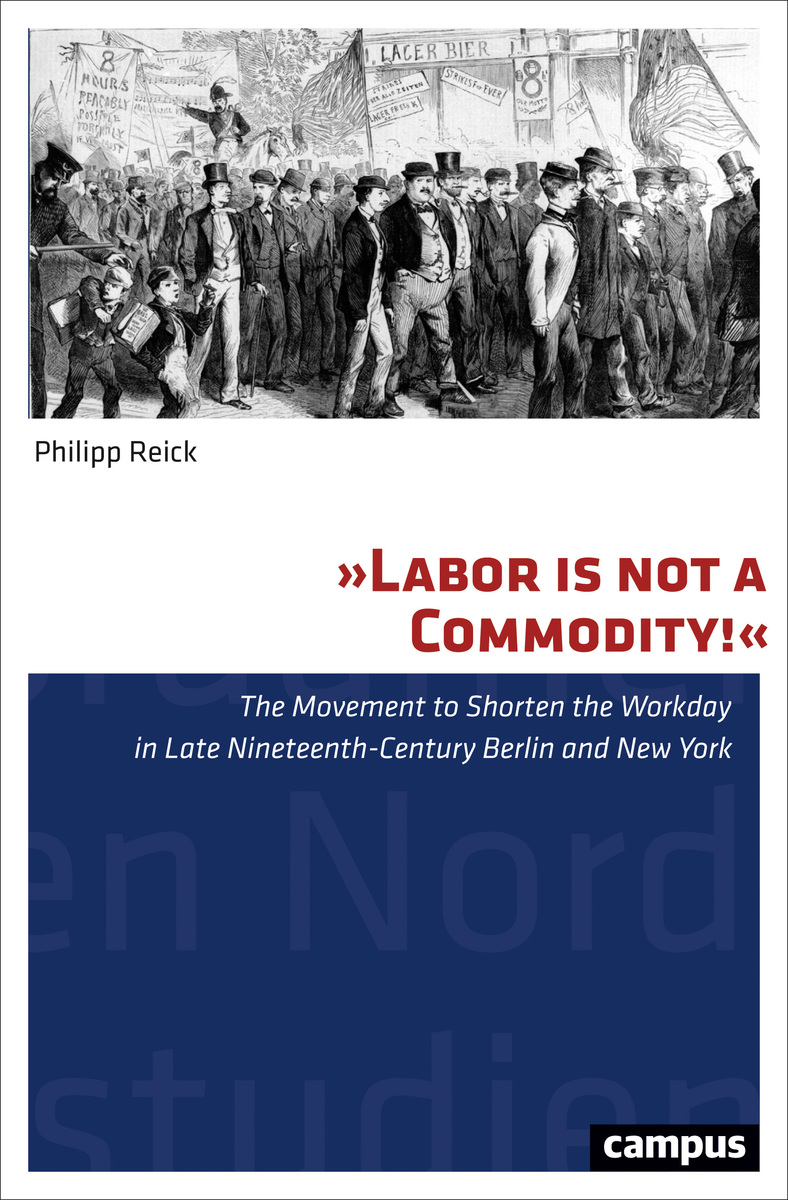"Labor Is Not a Commodity!": The Movement to Shorten the Workday in Late Nineteenth-Century Berlin and New York
Campus Verlag, 2016
Paper: 978-3-593-50627-2
See other books on: Commodity | Europe | Labor & Industrial Relations | Movement | New York
See other titles from Campus Verlag
Paper: 978-3-593-50627-2
ABOUT THIS BOOK | AUTHOR BIOGRAPHY
ABOUT THIS BOOK
Analyzing the history of the movement to shorten the workday in late nineteenth-century New York City and Berlin, this book explores what Karl Polanyi has termed the “fictitious commodification” of labor. Despite the concept’s significance for present-day social movements, European and North American historiography has largely ignored the impact of free-market rhetoric on the formation of organized labor. Filling this gap, Philipp Reick provides both a contribution to the current reevaluation of Polanyian thought and theory and an interdisciplinary investigation of the trans-Atlantic transmission of ideas.
As Reick demonstrates, while on both sides of the Atlantic workers opposed the unchecked commodification of labor power as a violation of their political, social, and economic rights, the emerging movements for protection from commodification did not promote a universalist concept of rights. By showing that American and German workers drew upon a strikingly similar rationality when formulating demands, this book reveals that we cannot label either the US labor movement as a deviation from the supposed norm of industrial contestation or its German counterpart as the embodiment of that norm.
As Reick demonstrates, while on both sides of the Atlantic workers opposed the unchecked commodification of labor power as a violation of their political, social, and economic rights, the emerging movements for protection from commodification did not promote a universalist concept of rights. By showing that American and German workers drew upon a strikingly similar rationality when formulating demands, this book reveals that we cannot label either the US labor movement as a deviation from the supposed norm of industrial contestation or its German counterpart as the embodiment of that norm.
See other books on: Commodity | Europe | Labor & Industrial Relations | Movement | New York
See other titles from Campus Verlag












